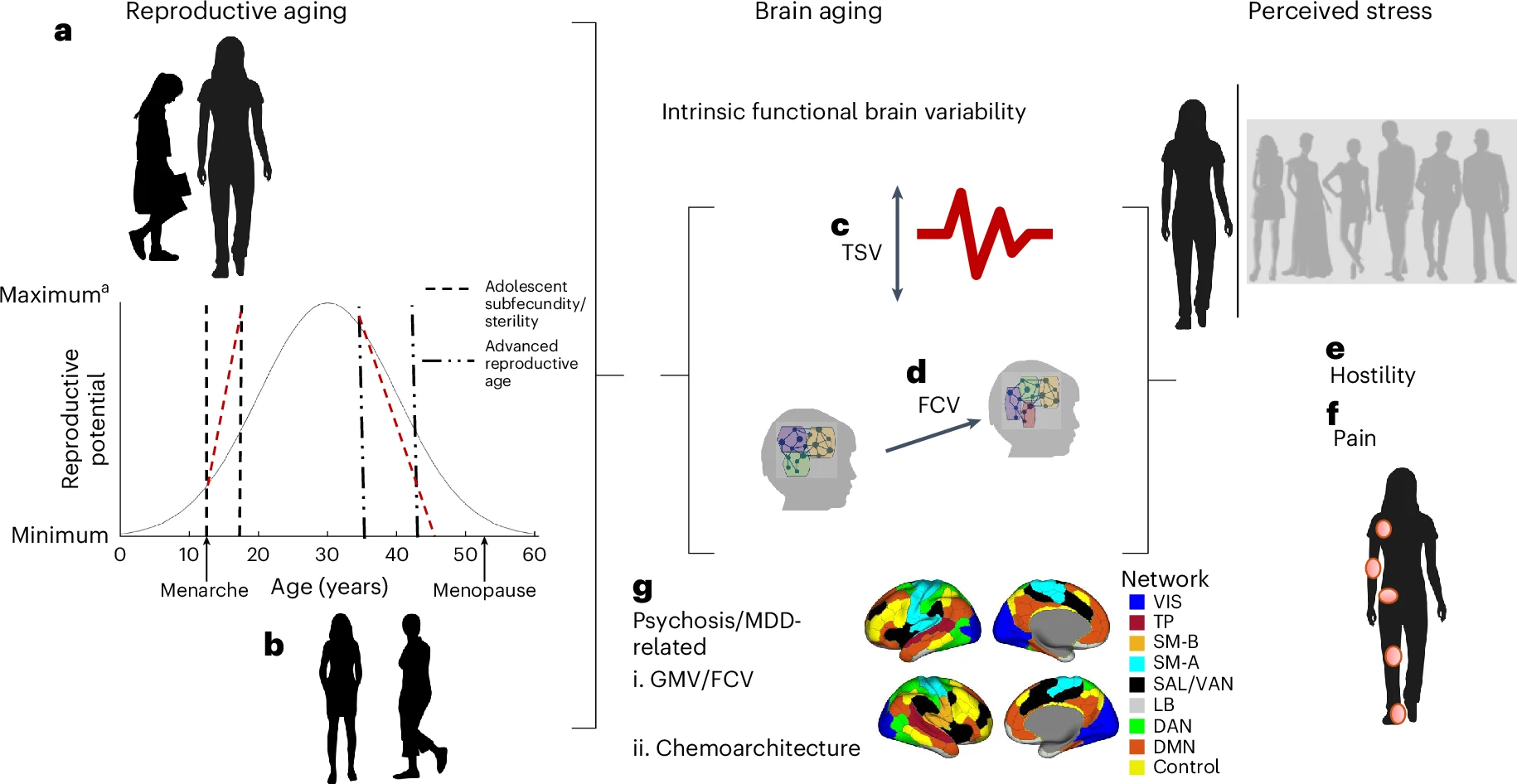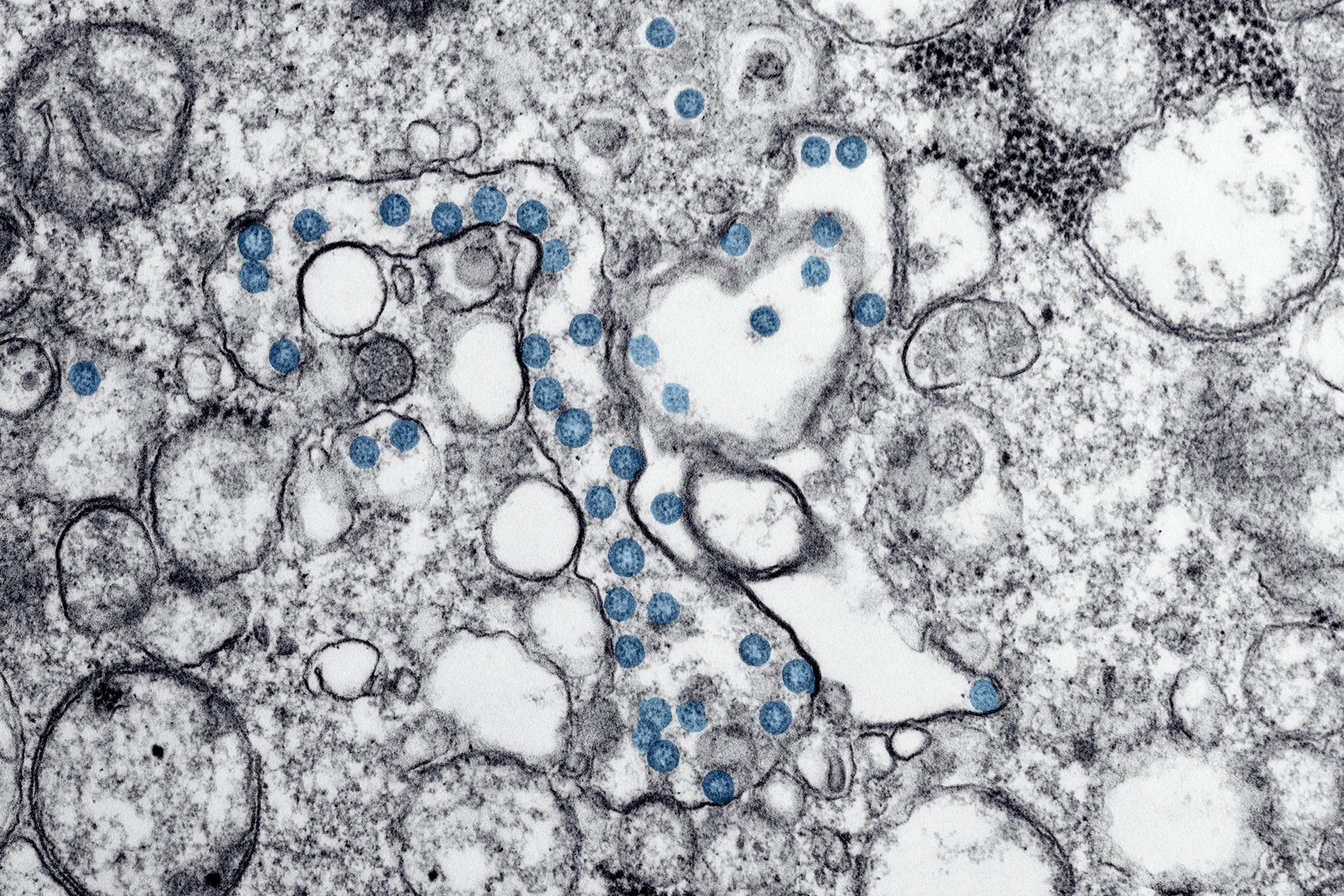New Insights Into the Brain-Health Connection
A groundbreaking study from the University of Liverpool has uncovered links between accelerated reproductive aging—marked by early puberty or early menopause—and mental health challenges in females. This research reveals how changes in reproductive hormones influence brain function and stress management, paving the way for more personalized mental health interventions for females across the lifespan.
The Role of Reproductive Hormones in Brain Function
Building on prior animal studies that demonstrated the protective role of reproductive hormones against stress, the research, conducted in collaboration with Monash University, the University of Melbourne, and Yale University, identifies how these hormonal shifts manifest in humans. By analyzing spontaneous brain activity and functional connectivity patterns, researchers connected faster reproductive aging—a marker of biological wear-and-tear—to heightened stress sensitivity.
The findings, published in Nature Mental Health, highlight individual differences in functional brain organization that may predispose individuals to mental health challenges during adolescence and middle age.
Key Findings
- Adolescents and Early Puberty
- Girls who experienced early puberty (ages 11–12) showed more unstable brain connectivity in regions associated with memory, imagination, vision, and attention.
- These patterns overlapped with areas tied to psychosis vulnerability, suggesting that delayed development of stable brain organization may increase psychosis risk.
- Middle-Aged Women and Early Menopause
- Women aged 36–60 who underwent menopause earlier than expected exhibited unstable functional brain organization in areas responsible for attention and memory.
- These patterns were linked to regions associated with major depression, potentially increasing vulnerability to depressive symptoms.
Implications for Mental Health
The study’s lead researcher, Dr. Raluca Petrican, explains:
“Faster reproductive aging affects brain function in ways that could increase sensitivity to social stress, with distinct challenges in adolescence versus middle age. Early puberty may heighten psychosis risk in teens, while early menopause could impair attention and coping strategies, increasing depression risk in older women.”
Future Directions
By shedding light on how reproductive aging shapes brain function, the study emphasizes the importance of tailoring mental health interventions to address age-specific challenges faced by females. This approach could significantly improve well-being across the life course.
Reproductive Aging: Conclusion
The research underscores the intricate connection between reproductive health and mental well-being, offering a nuanced understanding of how accelerated reproductive aging impacts brain function and stress sensitivity. These insights not only contribute to the broader field of mental health but also hold promise for advancing gender-specific healthcare strategies.






